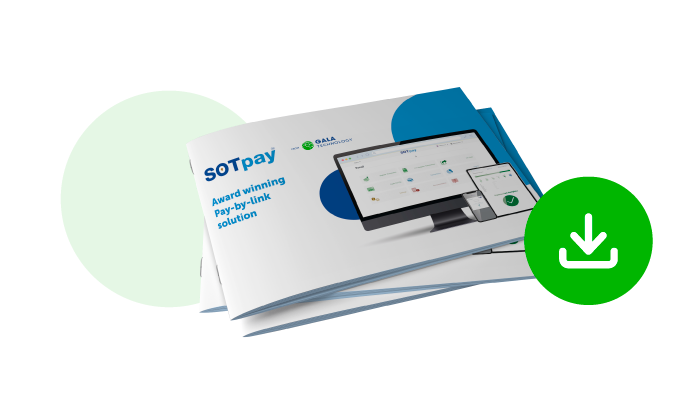The Rise of Digital Wallets: A Power Shift to Apps
At the heart of this shift are digital wallets — smartphone-based platforms that are fast becoming the primary way to pay. Apple Pay, Google Pay, and Samsung Pay are already household names, with adoption growing rapidly across all age groups. Analysts forecast that over 60% of all online transactions will be processed through digital wallets by 2028.
Why the shift? The answer is simple: speed, security, and convenience.
Instead of entering a 16-digit card number or fumbling with expiry dates, users can tap their phone or approve a payment with Face ID. Each transaction uses a unique token, offering far greater protection against fraud compared to traditional methods.
In a world where consumers value instant gratification and minimal friction, apps are now the future of payments.
Are IVR and DTMF Systems Facing Extinction?
If digital wallets are the rising stars of the payment world, where does that leave IVR and DTMF systems — the voice-activated or keypad-driven services often used by call centres and older payment systems?
Let’s be blunt: the outlook isn't good.
These legacy systems were once a lifeline for remote transactions. But in a digital-first society, they are rapidly becoming relics. As consumers embrace seamless app-based experiences, the clunky nature of IVR and DTMF processes feels out of touch with modern expectations.
Even though there are still use cases — particularly in areas with limited smartphone or internet access — their relevance is diminishing by the day. Payment innovation is advancing too fast, and the infrastructure supporting IVR simply can't keep up.
The Bigger Picture: What This Means for Consumers and Businesses
This isn’t just a technological upgrade — it’s a cultural shift. A world where your bank card lives in your mobile wallet, where online payments are made in two taps, and where the very idea of reading card numbers over the phone sounds archaic.
For consumers, this offers unprecedented ease and security. But for businesses, particularly those still reliant on traditional systems, the writing is on the wall: adapt or become irrelevant.
From retail to hospitality, healthcare to finance — every sector must now consider how to integrate secure, mobile-first, tokenised payment systems. Those who fail to act risk losing customer trust, market share, and ultimately, survival.
Are We Sacrificing Accessibility for Innovation?
Yet, while the shift is exciting, it does raise important questions about inclusivity. Not everyone owns a smartphone. Not everyone is digitally literate. As we race towards app-based payments, are we inadvertently alienating the most vulnerable?
This debate deserves serious attention — and it's one that regulators, fintech leaders, and businesses must face head-on.
Join the payment revolution
The transformation of the payments landscape is no longer on the horizon — it’s happening now. Cards without numbers. Click-to-pay checkouts. Mobile wallets replacing the need for physical purses. This is the new reality. But the real question is — is your business equipped to keep up? Traditional systems like IVR and DTMF are fast becoming relics. Now is the time to future-proof your operations.
Upgrade your payment systems and install SOTpay today — the secure, compliant, app-free solution built for tomorrow’s transactions.
Join the payment revolution. Don’t get left behind.
No Numbers. No Hassle. Just Tap and Go.
BOOK DEMO TODAY

















